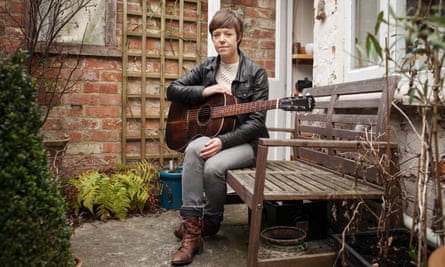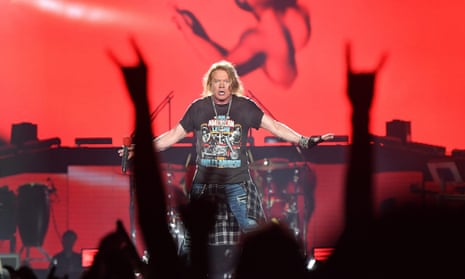I had to laugh when I read about a Guns N’ Roses guitar technician greeting “Sydney” as the band came on stage. They were in Melbourne. I laughed because as an Australian I know about the inter-city rivalry between Sydney and Melbourne. That’s like calling a New Zealander an Aussie, or a Scotsman an Englishman. No wonder there were boos from the crowd.
But I was also relieved that it wasn’t one of the band members themselves who had made the mistake, for as a performer, it’s one of your worst nightmares and something I’ve almost done numerous times. I am forever saying, “Hello (insert city)” and then immediately thinking, “Oh no, did I get that right?”
Most of the venues I play are much smaller than those of Guns N’ Roses, so they generally have something that clearly distinguishes them from the venue the night before. It could be some quirky lampshades; or a dressing room the size of a toilet; in some cases a dressing room that is a toilet; or a stage too small to actually fit all your equipment, meaning one of your band members has to play standing in the crowd.
I’ve found being on arena tours makes getting lost and confused all too easy, as Spinal Tap satirises so brilliantly. But whatever the scale, touring is a sleep-depriving occupation and the hours around your short amount of time on stage are long. I average about 200 shows per year, so most nights I don’t get to sleep in my own bed.
Time and location get blurred when you’re moving so quickly around the globe. Recently I played in Cologne, and it wasn’t until after the gig, when I went out the front to sign merchandise that I realised I’d played the venue just five months before. Luckily, the crowd didn’t seem too offended that I hadn’t remembered them. Many times have I thanked the crowd for coming out on a Monday night, when it fact it was Friday. At least people don’t boo at those gaffs. They just laugh.
Pronouncing place names correctly can also trip you up. A friend of mine once greeted Leominster phonetically, only to discover it’s pronounced “Lemster”. As an Australian living in the UK, I know all too well about these mispronunciations.

To create intimacy with a room full of strangers, you need to make each show and crowd feel unique, despite the aforementioned blurriness, and the fact that you’re playing the same songs in the same order, and with the same, or similar, banter occurring at the same time point in the set. There is a certain amount of crowd flattery that goes on, to make the audience feel special. It’s an important part of the job. But crowds aren’t always so easily won over.
On the first proper tour I ever did, in 2008, I had to resort to blowing a whistle just to get everyone’s attention. I was opening for Frank Turner and we were playing rock venues full of students. I was used to folk clubs, but these crowds were so loud I couldn’t even hear myself sing. On the third night, I borrowed a whistle off the drummer and went out on stage blowing it loudly before shouting into the mic: “Shut the fuck up!” Being a petite woman armed with just an acoustic guitar, I think it shocked them into being quiet.
A gentler trick performers employ is inserting the host city’s name in a song. Turner even once did an entire US tour covering a song by a local musician at each show. When I toured an album called Dear River a few years ago, each night I asked the crowd from stage what their local river was and they shouted it back at me. Then, after the show I had loads of people come up to tell me stories about their watery expanse: their morning walks and the birds they’ve seen there, their escapades on canoes or boats, how they used to swim in the river as children. These are meaningful, personal interactions.
And that’s the truth– most nights do feel special. So don’t take it personally if we performers sometimes forget where we are momentarily.
